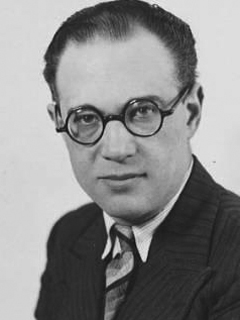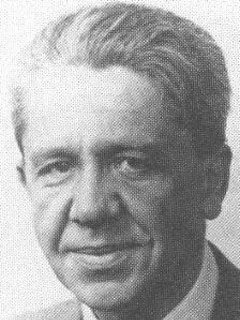
Publication details
Publisher: Nijhoff
Place: The Hague
Year: 1975
Pages: 1-4
Series: Selected Studies in Phenomenology and Existential Philosophy
ISBN (Undefined): 9789024716654
Full citation:
, "Introduction", in: Dialogues in phenomenology, The Hague, Nijhoff, 1975


Introduction
pp. 1-4
in: Don Ihde, Richard Zaner (eds), Dialogues in phenomenology, The Hague, Nijhoff, 1975Abstract
Phenomenology in the United States is in a state of ferment and change. Not all the changes are happy ones, however, for some of the most prominent philosophers of the first generation of phenomenologists have died: in 1959 Alfred Schutz, and within the past two years John Wild, Dorion Cairns, and Aron Gurwitsch. These thinkers, though often confronting a hostile intellectual climate, were nevertheless persistent and profoundly influential—through their own works, and through their students. The two sources associated with their names, The Graduate Faculty of The New School for Social Research, and the circle around John Wild first at Harvard and later at Northwestern and Yale, produced a sizable portion of the now second generation American phenomenological philosophers.
Cited authors
Publication details
Publisher: Nijhoff
Place: The Hague
Year: 1975
Pages: 1-4
Series: Selected Studies in Phenomenology and Existential Philosophy
ISBN (Undefined): 9789024716654
Full citation:
, "Introduction", in: Dialogues in phenomenology, The Hague, Nijhoff, 1975



